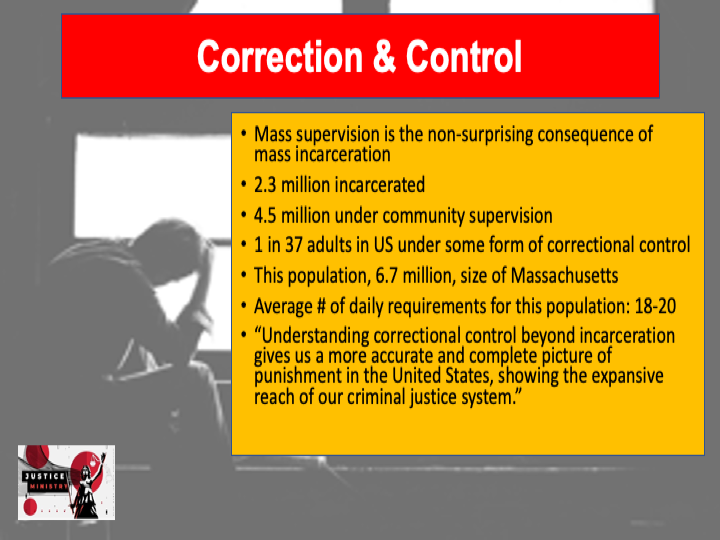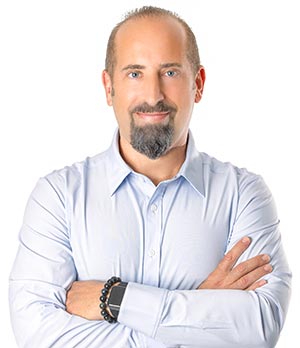When I first moved to Tampa in 2002, I was still working as a busy Mergers & Acquisitions (M&A) lawyer. I wasn’t sure what Florida had to offer, but six months after moving to the Sunshine State, my wife said, “that’s it, we’re never leaving.”
We started raising our family, and our fourth child (now 16) was born in Tampa. All our kids attended local public schools, and we lived close enough to walk. Tampa became our home.
Professionally the story was different. As a lawyer, I sensed that there were unique cultural values in play. Florida seemed like a different world than where I had practiced law in the Northeast and Midwest. South Florida seemed like a different Universe.
Nowhere was this feeling more acute than in Tallahassee, our state’s capital. As part of my job, I traveled regularly to the capital. When we first purchased WellCare Health Plans, I participated in a “roadshow” where we visited various state leaders to introduce ourselves and explain why we were buying the business. We obtained regulatory blessing for our ownership, and we were then perceived as “white knights” who were rescuing a highly regulated and troubled Medicaid contractor.
Times changed after the FBI raided WellCare. As a returning citizen (someone previously incarcerated), I have experienced our system in a totally different way. Most of us commonly believe that once you “pay your debts” by serving prison time, the scales will be reset. Sadly, this is not the case. Our criminal system imposes a harsh array of civil liberty restraints on returning citizens. In legal jargon, these ongoing restrictions are called “collateral consequences.”
In human terms, the consequences are personal and stark. A staggering 6.7 million people are under some form of ongoing correction and control from the criminal justice system. This is a population the size of Massachusetts or Tennessee. The impact on families and human relationships is unfathomable; the unsurprising consequence of mass incarceration is mass supervision. We must do better.
I will never forget when my lawyers presented a 75-page memo, detailing all the civil rights and liberties I would lose by accepting my plea agreement. I did not even know that I had so many rights, much less that I would be losing them all. Now I look back and appreciate how lucky I was even to receive the memo. Most criminal defendants don’t have access to the resources, privileges, and access that I enjoyed. But like me, almost all of them plead guilty before going to trial. The criminal justice system is designed to yield an orderly conviction.
Having received a full and unconditional presidential pardon, the highest form of mercy in our system, I will be working to regain my full status as a redeemed citizen. But the truth is I still face a daunting maze of obstacles to restore my civil rights. With my access to resources, I will begin this process in earnest.
Unlike me, most returning citizens lack the resources needed to navigate this dizzying labryinth. Most normal people will give up even before they try. I will continue fighting and reporting to make sure everyone understands what we are facing. No person is beyond redemption, and hopefully our system can become more merciful in dealing with people who have returned from jail and paid their dues.




